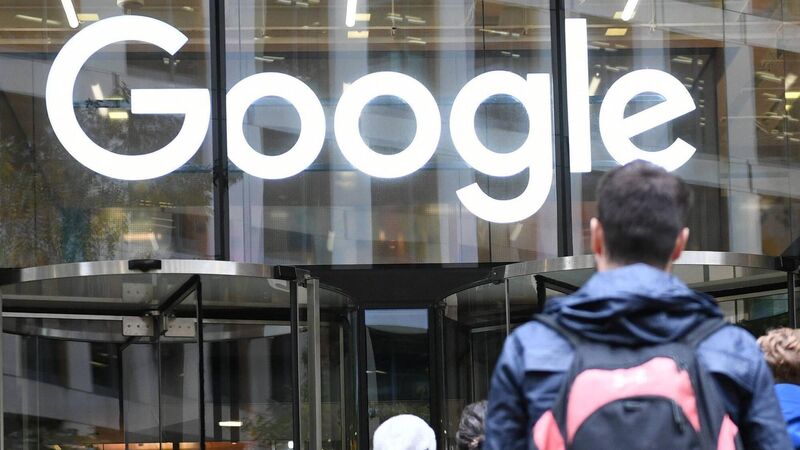Google Ireland warns tax regime changes a future risk as turnover hits €86bn

Turnover at Google Ireland increased by €9.3bn to €86.6bn on the back of increased advertising revenues, the company said on Wednesday. Picture: PA
Turnover at Google Ireland increased by €9.3bn to €86.6bn on the back of increased advertising revenues, the company said on Wednesday.
Accounts filed with the Companies Registration Office showed Google Ireland Ltd, the Irish subsidiary owned by Alphabet Inc, achieved profit before tax of €4.536bn last year, up from €3.568bn in 2023.
“The growth of Google properties revenues during the period was largely driven by increases in search queries resulting from ongoing growth in user adoption and usage, as well as continued growth in advertiser activity within Search and YouTube,” the financial statement said.
"Google Ireland is driving innovation and is helping advertisers, publishers and partners to reach and grow their customers. We remain deeply committed to our role as Google’s EMEA headquarters, with continued investment in our core business operations and infrastructure in Ireland," a Google spokesperson said.
The number of employees fell to 4,882, from 5,310 in 2023. Google Ireland also paid €304m in contract research and development services in 2024, the financial statement said. Google paid a dividend of €4.5bn.
The company also warned that it faces “various risks and uncertainties” and said that changes to tax laws could have serious implications. Google Ireland paid a tax charge of €574.5m, down from €587.3m paid in 2023.
Looking at future risks to the business, the financial statement warned: “The company could be subject to changes in tax rates, the adoption of new US or international tax legislation, or exposure to additional tax liabilities.”
It also said Google faces “intense competition” as it looks to maintain its dominant market position. “If the company does not continue to innovate and provide products and services that are useful to users, customers, and other partners, the company may not remain competitive, which could harm its business, financial condition, and operating results,” the financial report warned.
“People access the company’s products and services through a variety of platforms and devices that continue to evolve with the advancement of technology and user preferences. If manufacturers and users do not widely adopt versions of the company’s products and services developed for these interfaces, the company’s business could be harmed.”
Other future risks cited included regulatory scrutiny and polices, data privacy, and security concerns, while issues in the “development and use of AI may result in reputational harm and increased liability exposure”.
It added: "Problematic content on the company's platforms, including low-quality user-generated content, web spam, content farms, and other violations of the company's guidelines could affect the quality of the company's services, which could damage its reputation and deter the company's current and potential users from using its products and services."














